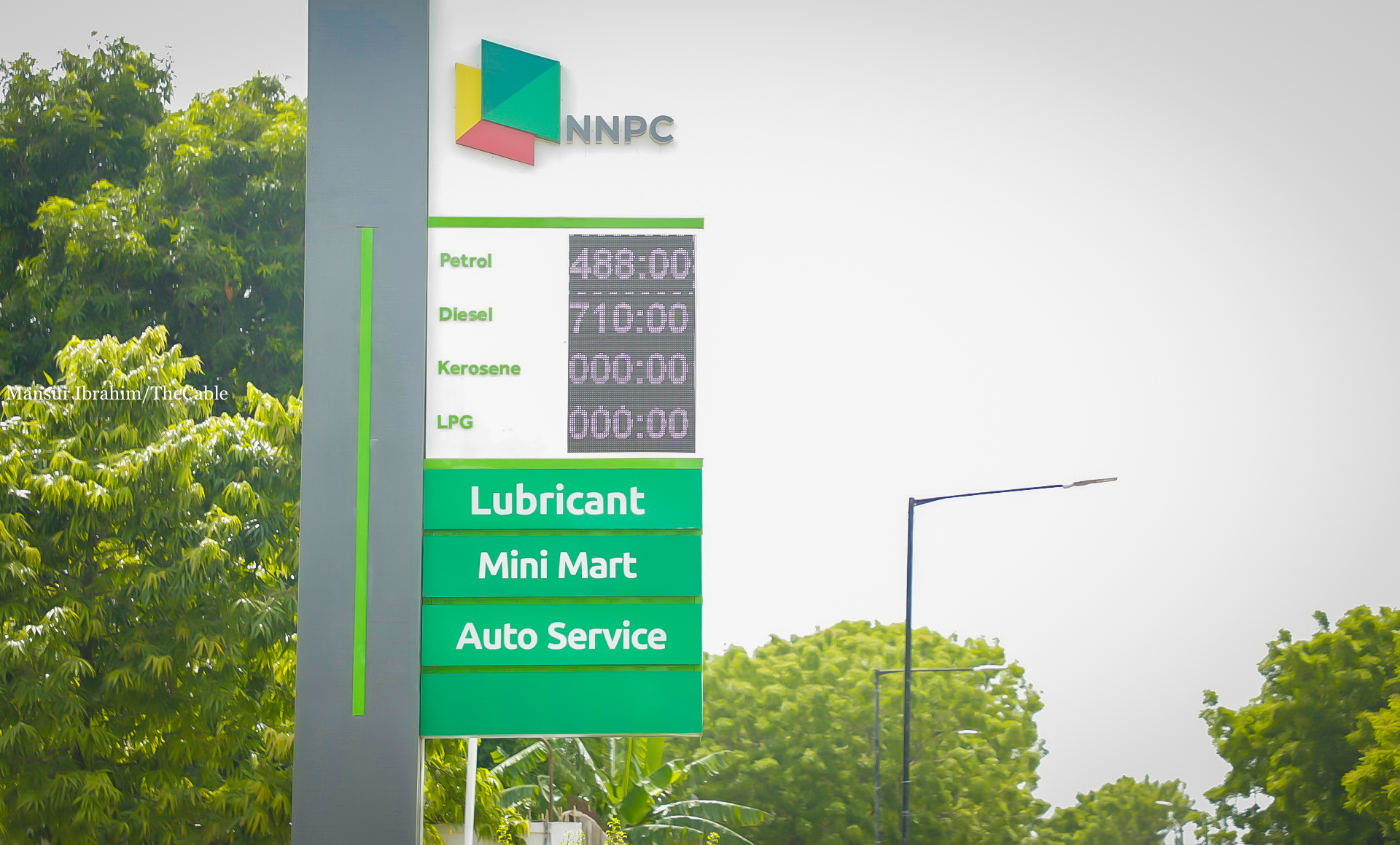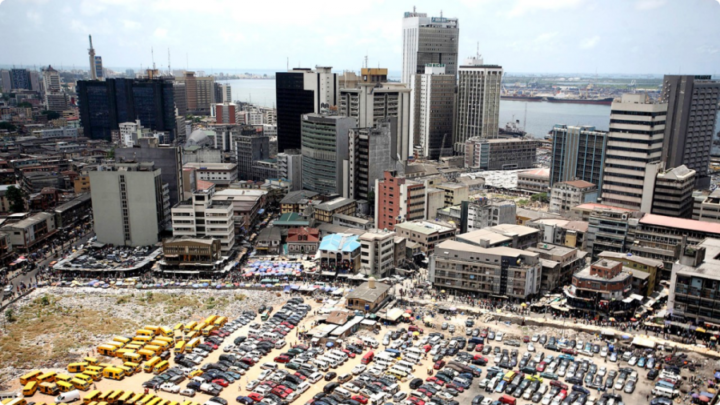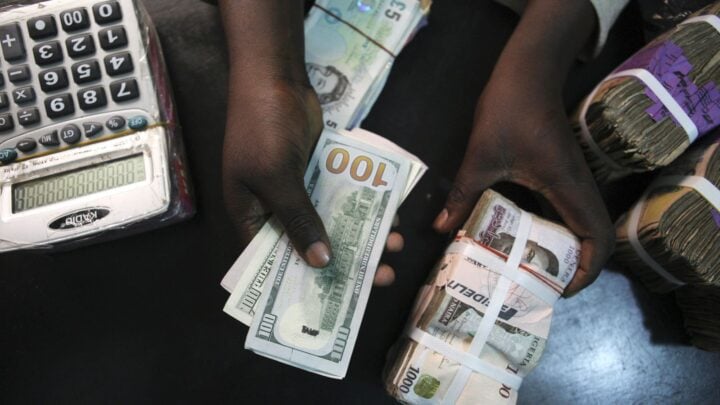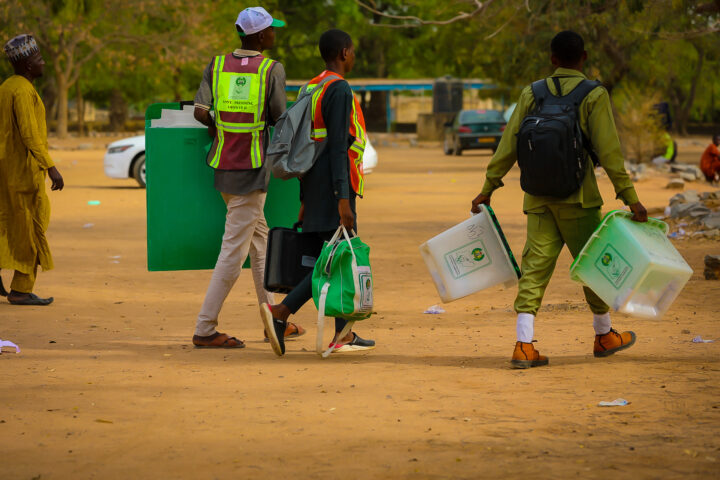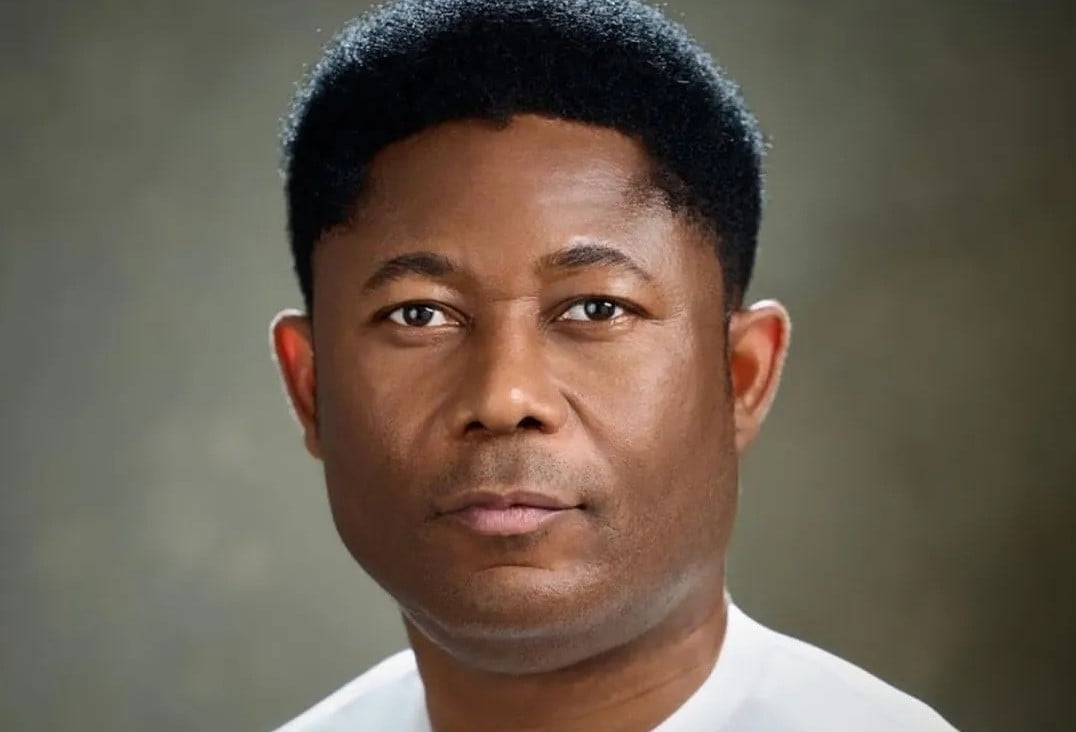BY OPEOLUWA DAPO THOMAS
With fuel subsidies out, a potential unification of the FX market, and house-clearing of the country’s Central Bank – the Financial Times reported ‘it’s been a long time since we had positive reform momentum in Nigeria, and we’re seeing it now”.
Foreign investors are optimistic about the country. Positive comments have been flowing through. Some have said: “The markets are getting everything they hoped for from the change of president in Nigeria.
“Overall, President Tinubu has shown that he’s willing to take on two of the most important factors are focusing on which is fuel subsidies and FX reform in a very short space of time.”
Advertisement
The shackles of the economy are finally off.
The country suffered low revenue and borrowed to offset deficits. Nigeria borrowed so much, it had to borrow money to pay back debt. The country needed a breather and the President making these decisions, let the country breathe.
Back home, although domestic investors share the same sentiments as their foreign counterparts, the citizens struggle to understand why these decisions were taken but are hopeful.
Advertisement
Understandably so, their 50-year-old subsidy social contract has been yanked off like plaster – painfully. The outcome of this has led to low consumption of PMS as people have reduced traveling times. The government protagonists have said the consumption of smuggled fuel is responsible for the reduction of daily consumption volumes. A classic case of two things can exist. There’s no longer an incentive for smuggling and local consumers have to pay new prices (elastic demand). These two have ultimately reduced overall daily fuel consumption.
The federal government has set up a committee to work out how to ease the burden in 8 weeks. They are looking into facilitating cash transfers, social investment programmes, reducing the cost of governance, and improving energy, mass transit, and fixing housing issues.
Additionally, the unification of the exchange rate will also lead to higher electricity and energy costs for customers as new pricing will factor in new exchange rate prices. But besides potential rising energy costs, exchange rate unification will have a muted impact on inflation as most goods and services are already priced with the parallel market rate.
Some have argued against these reforms. Some say “the government should have phased the removal of subsidy,” adding that the government should have fixed public transportation first and provided electricity”. Some say, “what about the poor, where are the palliatives?” Some have asked about “what government is sacrificing in return for these measures they are taking?”
Advertisement
The quick response to those who believe subsidies should stay is – with all these subsidies in place for the past years, did the poor get richer? Statistically, no. According to Statista, in 2016, after the Buhari administration settled in and took charge of the country and the economy, there were about 70.12 million people living in poverty (living on less than $1.90 per day) in Nigeria. In 2022, about 7 years after the administration assumed office, this number increased by 19.8% to 88.4 million. This is an increase of 13.9 million.
What we now witnessed over these years is, the poor got multidimensionally poorer, the rich got richer and we had a disappearing middle class as the economy was faltering. We had an economy where Foreign direct investment was evaporating, domestic and foreign debt was accumulating, inflation was galloping and unemployment figures were so high, the only attempt the ministry of labour & employment tried to bring the figures down was to go head to head with the National Bureau of Statistics and debate the real definition of unemployment.
Palliatives and subsidies are unsustainable interventions. They never ameliorate poverty. They do not even reach the poor. All we see are schemes created for them that become fraudulent as funds directed for them are diverted. N-Power, Sure-P, to name a few were not successful. Subsidies create room for smuggling and arbitrage which favors only the rich. If the government says they will disperse $800 million to poor households, do Nigerians who clamor for these things trust the money will reach their beneficiaries?
The truth is government has one job in life. Create an enabling business environment and provide support for the economy. If the economy works and it’s functional, businesses thrive and expand and people get employed. It’s organic. Conditional cash transfers and subsidies can temporarily come during times of shocks. But the cold truth is having subsidies on fuel, FX, education, electricity, diesel, healthcare has to come to an end. We cannot measure the impact. It keeps everyone afloat, but for how long? Especially as they are funded by debts. Nigeria needs to focus on production. Nigeria needs to channel its funds into areas of growth. Borrowing for consumption is a recipe for disaster. Nigeria struggles to produce 1.5 million barrels a day, it’s not as oil-rich as the people think it is, or rich enough to cater to 200 million people. Something has to give.
Advertisement
On the other hand, the government has to do its part. For optics, capping salaries and allowances would improve their trust issues. RMAFC recommendation should die a painful death. If the current government wants to widen the tax net, let the taxpayers be confident their taxes will work for them and not against them.
A more efficient way of reducing the costs of governance would be to implement the Oronsaye report. Streamlining MDAs, clearing redundancies, and caps on salary increments for elected officials. Everyone must live in austerity.
Advertisement
State governors have to step up to the plate. Public transportation should have been set up years ago. It shouldn’t be an alternative to subsidy removal. It should be part of a normal society.
Skill-acquisition centers can be run by them for their citizens who are unemployed and are not interested in tertiary education. Blue-collar jobs boost the economy. Apprenticeship programs take people away from poverty – not petrol at N189.
Local governments can key into the FG’s plan. Provide jobs at grassroots levels. I am a big protagonist of the government pursuing governance the way they pursue election campaigning. Door to Door. That high-level method from Aso Rock disconnects the people.
Advertisement
In the north, due to their comparative advantage, they can focus on agriculture – that’s how China took 800 million away from poverty. Not petrol at N189.
If entrepreneurship is aggressively pursued, poor people will add to the value chain and we become less import-dependent and our fixation on exchange rate fades.
The mantra of the new government should be jobs, jobs, jobs Donald Trump will say. Fixing supply shortages, and supporting backward integration. Too much needs to be done on the fiscal side.
Advertisement
The new changes to consumers may be overwhelming. High cost of petrol, FX rates, High cost of electricity, high cost of diesel – but if this isn’t done, Nigeria would be headed to Sri Lanka and Venezuela as economic mismanagement, ultimately increasing poverty.
The president has to work on boosting oil production, unlocking other aspects of the economy, and Trump insecurity to get Nigeria great again.
Opeoluwa Dapo Thomas can be reached via [email protected]
Views expressed by contributors are strictly personal and not of TheCable.
Add a comment
